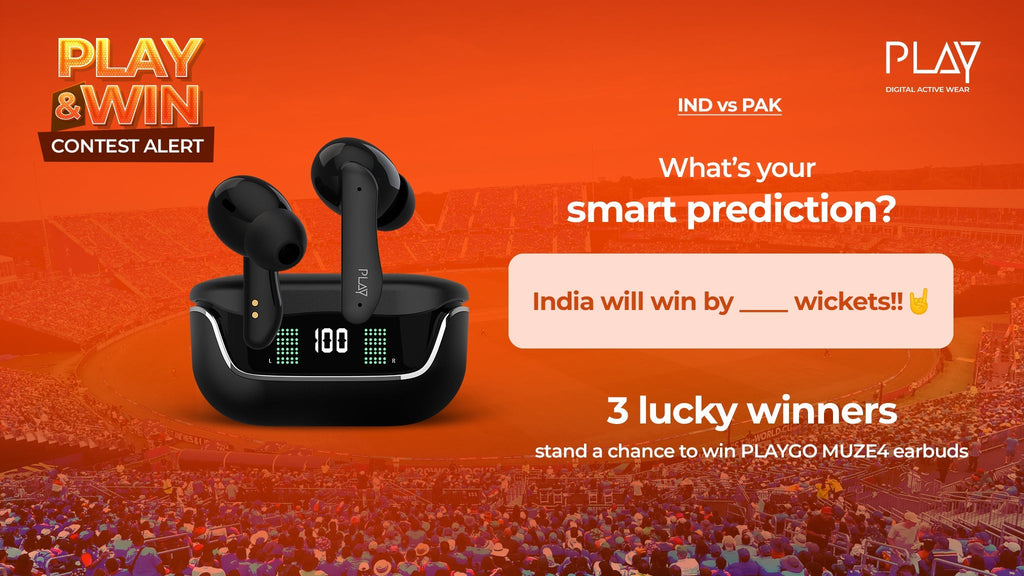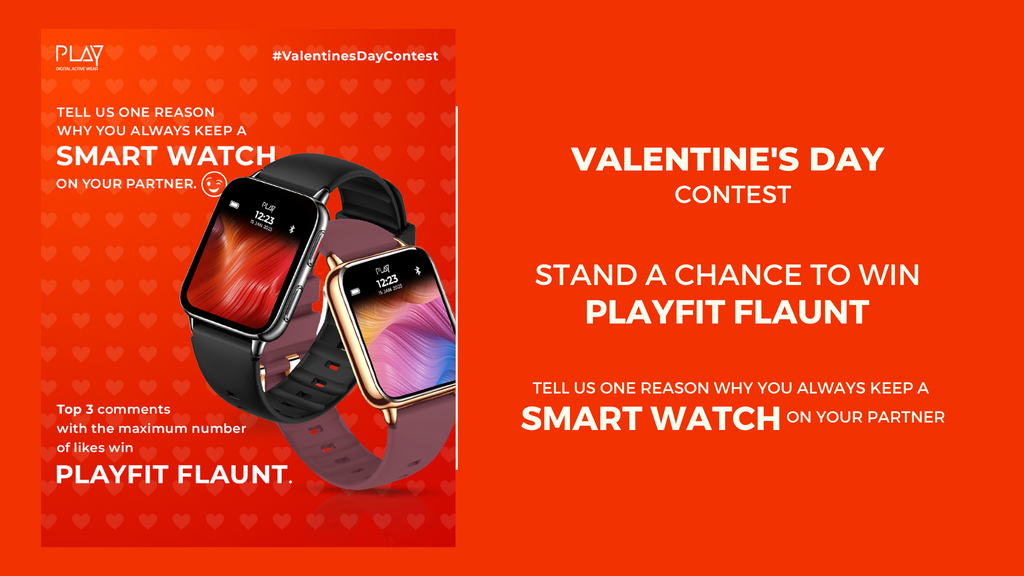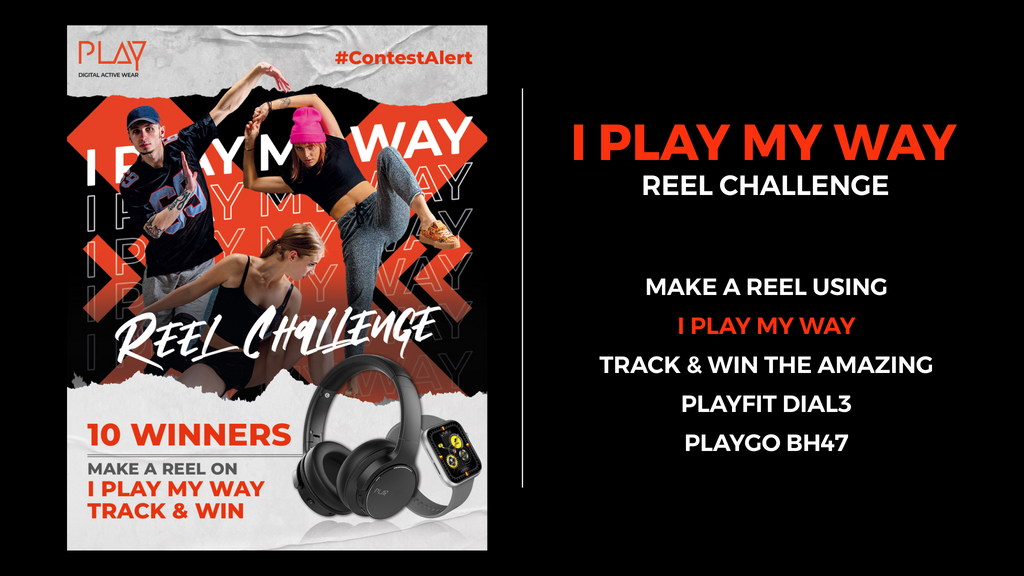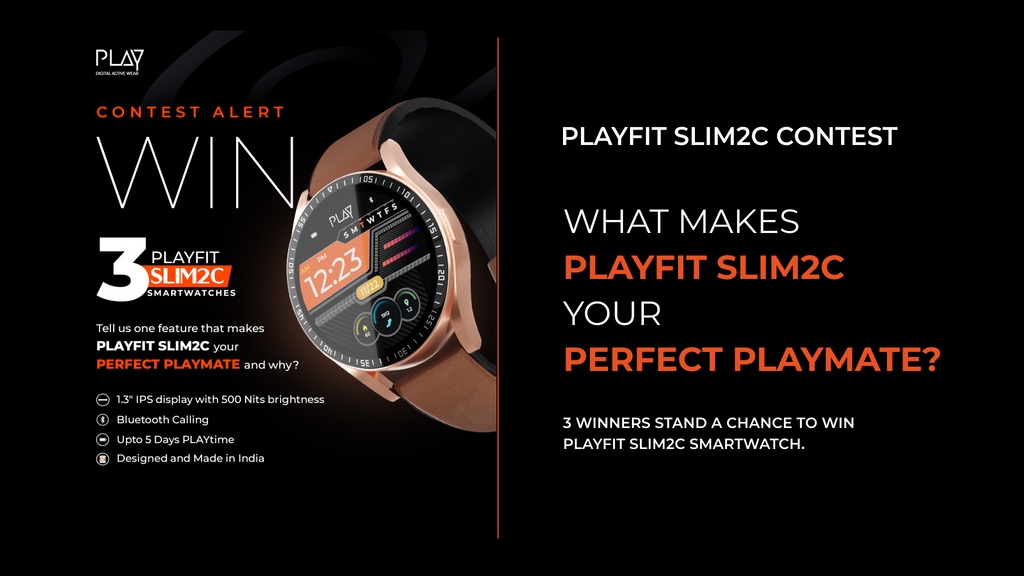

Everything you need to know before buying a fitness band
People who enter fitness feel driven to purchase a fitness device at some stage. This may seem to be an easy decision, but this product is extremely perplexing for a range of reasons. To begin with, there is no strong difference between the various types of devices in this group. Some smartwatches, for example, tend to be smartwatches but are simply fitness watches with notification showing ability.
Specific requirements and health-related objectives must be taken into account when selecting the right device. Fitness trackers provide features that we don't usually don't keep a track of on a daily basis. They are designed especially for people who are physically active on a daily basis, as well as athletes who need continuous health monitoring. Finally, if you are interested in both efficiency and health, you should consider going for a smartwatch.
As a buyer, you should think about what measurements you want to monitor before buying a new fitness watch. A fitness tracker, at the most basic level, will provide you with insight into your daily activity by monitoring your steps, calories, and sleep. Running, cycling, swimming, are examples of the activities that a fitness band can easily track. Others have multi-sport monitoring, allowing you to keep track of your whole workout from the gym to the pool. For eg: PLAYFIT 53 has 14 sports tracking mode. Heart rate monitors and sleep monitoring are used in many wearables. Here are some of the most common features to consider when making a purchase:
Heart Rate Monitor : Fitness devices are increasingly using heart rate monitors as standard features. During exercise and throughout the day, this feature measures the user's heart rate, breathing patterns, and pulse.
Sleep Tracker : Sleep is important for optimal health and happiness. A sleep tracker will tell you about the consistency of your sleep as well as the stages of sleep you're in, such as light, deep, and REM.
Swim Tracker : They aid in stroke detection, precise lap and distance monitoring, oxygen levels, and heart rate measurements when submerged.
Sports : Both fitness trackers and smartwatches are made to support a wide range of sports. Cycling, running, swimming, trekking, climbing, and other activities fall under this category. Buyers should choose a product that can record data for the activity or sport they participate in the most.
Water Resistance : Another important thing to consider when buying a fitness tracker is water resistance. Some trackers are splash-proof and should not be worn in the shower or in the pool, while others are waterproof and can be worn in both. An IP68 rating indicates that the system can be submerged in water for a period of time at a depth of one metre or more. Also do remember that just because a band is water-resistant doesn't mean it can monitor your swimming session.
Battery Life : Whichever fitness tracker you choose, it will eventually run out of battery and need recharging before you can use it again. The type of device you're wearing determines the battery life. It also depends on the display (colour, screen size, touchscreen), number of sensors, and other features such as smartphone pairing.
The battery life of most basic fitness trackers ranges from a few days to weeks.
Compatibility : When it comes to connectivity, fitness trackers are designed to sync with your smartphone seamlessly. They assist users in gathering detailed data about their workouts or performance tracking, as well as providing the resources and data they need. However it’s important that buyers should ensure that their fitness band is compatible with their specific phone and its operating system.
Notification feature : Fitness wearables also provide features for the user's convenience in addition to health-related capabilities. Incoming calls, text messages, email, social media, alerts are all sent to your wrist by fitness trackers. They may also serve as a helpful reminder for upcoming activities or plans.
The real question is whether or not a fitness tracker would benefit your fitness. Can you work out more if you have it on? Can you eat more healthily or have a better night's sleep? It's definitely a good buy as a tracker can inspire you to make these positive improvements if no other tool can.
If you ever plan to go for one of these, make sure you wear it every day to get an accurate view of your level of activity. When entering information such as your height, weight, and regular diet, be honest. Finally, rather than focusing on daily numbers, consider long-term developments. Rather than obsessing about whether you can reach 10,000 steps today, consider whether you're doing more exercise altogether than you were doing a few weeks or months ago. That's something to be proud of if you did. Checkout the range of fitness wearables by PLAYGO for a seamless fitness tracking experience.


